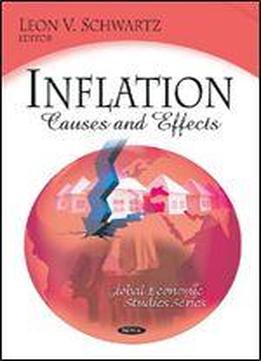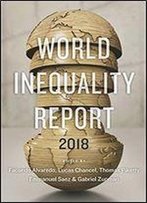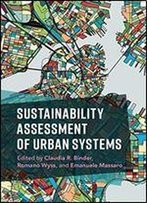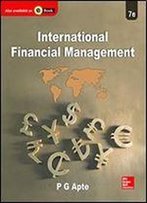
Inflation: Causes And Effects
by Leon V. Schwartz /
2009 / English / PDF
8.5 MB Download
In economics, inflation is a rise in the general level of prices of goods and services in an economy over a period of time. The term inflation once referred to increases in the money supply (monetary inflation) however, economic debates about the relationship between money supply and price levels have led to its primary use today in describing price inflation. Inflation can also be described as a decline in the real value of money -- a loss of purchasing power in the medium of exchange which is also the monetary unit of account. When the general price level rises, each unit of currency buys fewer goods and services. A chief measure of general price-level inflation is the general inflation rate, which is the percentage change in a general price index, normally the Consumer Price Index, over time. Inflation can have adverse effects on an economy. For example, uncertainty about future inflation may discourage investment and savings. High inflation may lead to shortages of goods if consumers begin hoarding out of concern that prices will increase in the future. Economists generally agree that high rates of inflation and hyperinflation are caused by an excessive growth of the money supply. This new important book gathers the latest research from around the globe on this issue.










